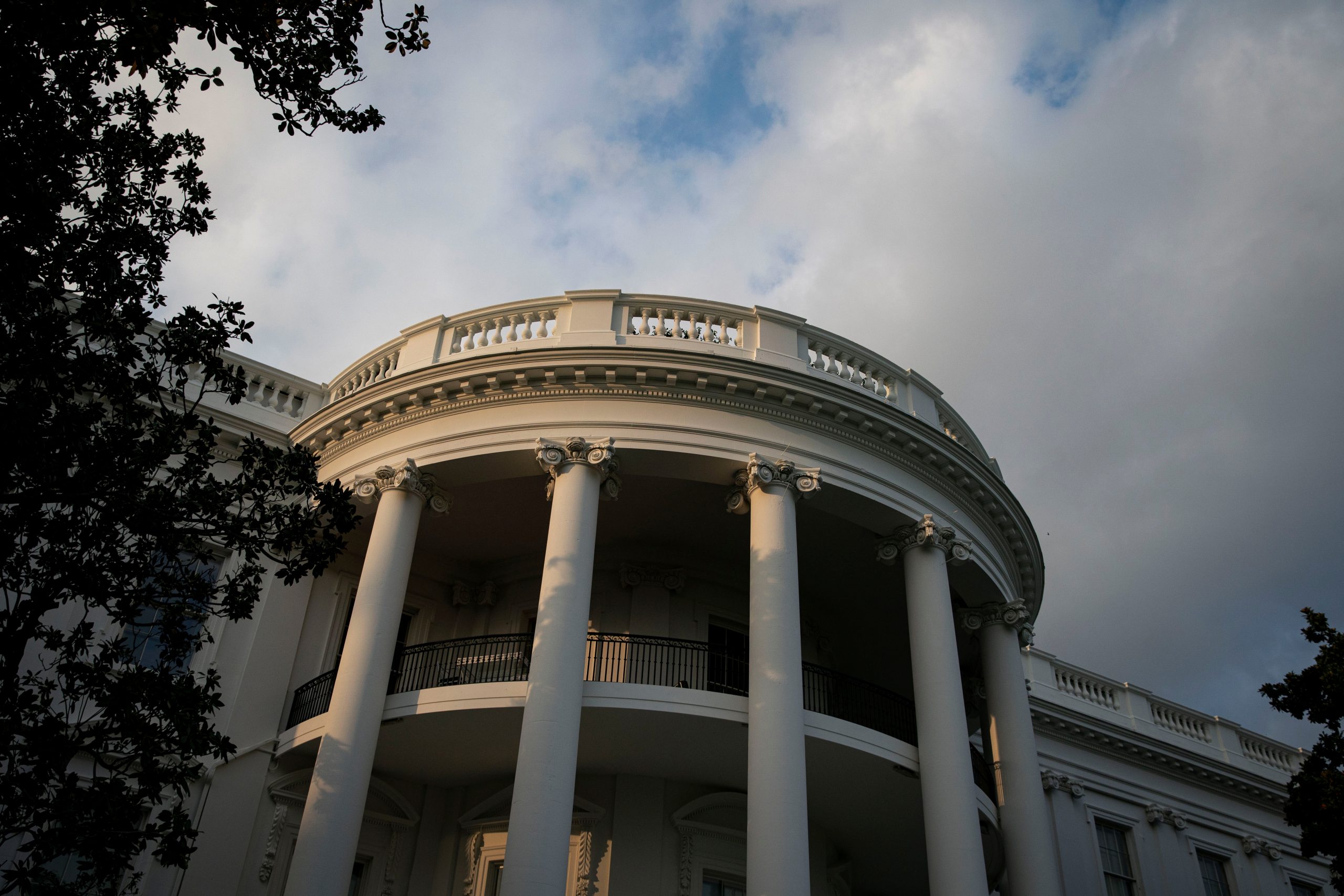
Ian Patrick, FISM News
[elfsight_social_share_buttons id=”1″]
As the White House propels its COVID-19 vaccination effort through a sweeping mandate, it is also getting involved in the distribution of monoclonal antibody treatments.
In his highly controversial announcement on September 9, President Biden said the government would be mandating that all private businesses with 100 employees or more require proof of vaccination or weekly negative COVID-19 tests to operate. Part of his plan also included an increase in “the average pace of shipment across the country of free monoclonal antibody treatments by another 50 percent.”
According to FISM News’ Lauren Dempsey, monoclonal antibodies for COVID-19 “are an imitation of the body’s natural ability to fight off infection” and “are designed to stop the virus from entering the host cell, and subsequently destroy and remove it from the body.” The treatment has become a popular way to treat severe COVID-19 infections, especially in many southeastern Republican-led states.
On September 13, the Department of Health and Human Services announced that they would be changing the distribution process “from a direct ordering process to a state/territory-coordinated distribution system.” HHS asserts that this switch in the system “gives health departments maximum flexibility to get these critical drugs where they are needed most.”
However, the switch greatly impacts the states that use this type of treatment the most. According to data from HHS, there are currently over 175,000 orders for different monoclonal antibody treatments nationwide under the new system. Seven states have the highest number of orders and they are all located in the southern and southeastern United States: Florida, Texas, Tennessee, Mississippi, Louisiana, Georgia, and Alabama.
Florida Governor Ron DeSantis points out that before the HHS switched the systems, his states was expecting 70,000 orders of monoclonal antibodies. Now, Florida is slated to receive 30,950 of two different types of monoclonal antibody treatments meaning they will receive less than half of what they were expecting.
This has created some uproar as many see this as the federal government specifically targeting states run by Republican governors, such as DeSantis who said “we’re going to work like hell to make sure that we can overcome the obstacles that HHS and the Biden administration are putting in us.”
So what gives? @POTUS @HHSGov
Why doesn’t Alabama (or the other 6 states) get a 50% increase in supply? People in Alabama need this treatment. Thousands of lives are on the line. Now is NOT the time to play politics with a clinically proven treatment! https://t.co/uyxCMiGeYY pic.twitter.com/9ykgRr8hXV— Christina Pushaw 🐊 🇺🇸 (@ChristinaPushaw) September 15, 2021
WOW. Read this. The Biden administration is reportedly reducing its supply of monoclonal antibodies to states like Texas. Add this to pharmacies refusing to fill prescriptions for treatments that are saving lives under the direction of the CDC, and the agenda of cruelty is clear. pic.twitter.com/JVVN3H5nF7
— Allie Beth Stuckey (@conservmillen) September 16, 2021
Biden had said in his September 9 address that if any governors opposed his mandates then he would use his “power as President to get them out of the way.” While he did not name DeSantis in his speech, many think Biden was alluding to the Florida governor. DeSantis has been openly opposing many of the Biden administration’s COVID-19 mitigation suggestions such as mask mandates.
The White House is denying that there is a shortage, but rather referring to it as an equitable distribution. White House Vaccinations Coordinator Dr. Bechara Choucair called the new process a way to “ensure . . . equitable and fair distribution of the monoclonal antibodies across the country” in an interview with AL.com.
One reporter asked White House Press Secretary Jen Psaki about the change in distribution, pointing out that some of the people seeking treatment are fully vaccinated. Psaki responded by saying the monoclonal antibodies are useful treatments and that the new system is also intended to be “equitable.”
I think our role as the — as the government overseeing the entire country is to be equitable in how we distribute. We’re not going to give a greater percentage to Florida over Oklahoma . . . .
